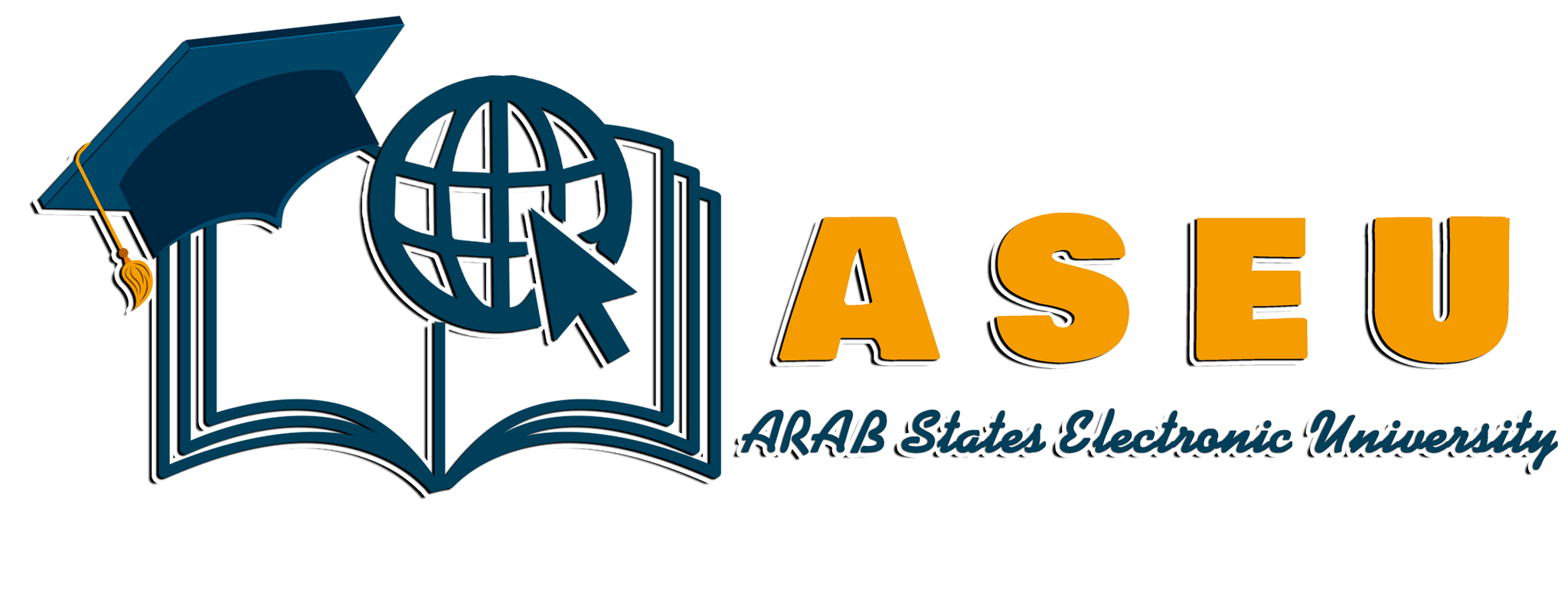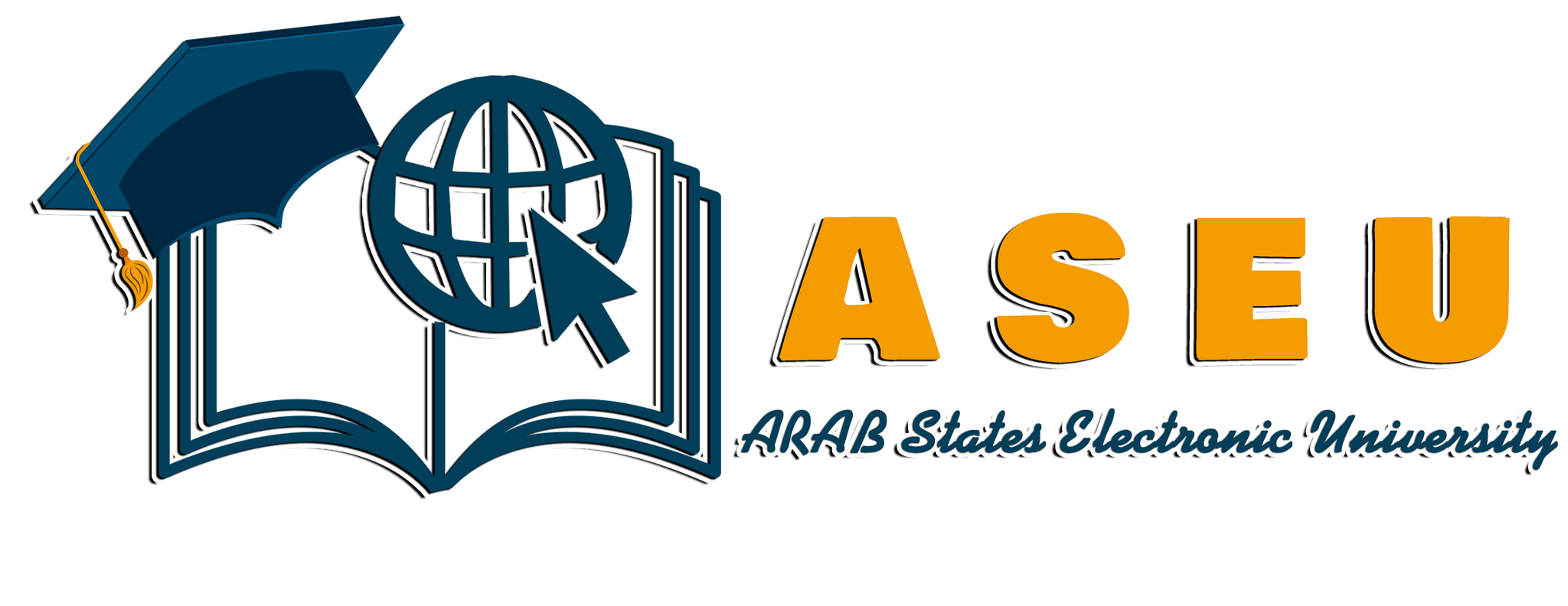The legal industry is one of the most dynamic sectors, offering a range of career opportunities. Among the most crucial yet often overlooked roles in this sector are those in Legal HR (Human Resources). As the backbone of any law firm, corporate legal department, or legal agency, HR professionals manage critical functions like recruitment, employee development, compliance, and talent retention. If you're looking to explore legal HR jobs, understanding the roles, responsibilities, and required skills is essential. This blog will dive into everything you need to know about this vital career path in the legal industry.
What are Legal HR Jobs?
Legal HR jobs combine traditional human resources functions with the unique demands of the legal industry. In law firms, corporate legal departments, or even recruitment agencies, Legal HR professionals oversee all aspects of human resources, focusing on the needs of lawyers, paralegals, legal assistants, and other legal personnel.
These professionals play an integral role in ensuring that law firms attract and retain top legal talent, maintain compliance with legal regulations, and foster a healthy work environment. Additionally, they are responsible for streamlining recruitment processes, managing employee relations, developing training programs, and implementing performance management systems.
Why is Legal HR Important?
Legal HR professionals have a profound impact on the overall success of law firms and legal departments. They contribute significantly by ensuring that firms have the right people in the right roles. Whether it's recruiting top-tier lawyers or managing support staff, Legal HR professionals create the structures that enable law firms to function smoothly.
Moreover, legal HR professionals ensure that organizations comply with labor laws, manage sensitive issues such as diversity and inclusion, and support legal teams in navigating complex workplace dynamics. Legal HR jobs often involve overseeing benefits, employee relations, and policies tailored to the legal industry’s specific needs.
Key Roles in Legal HR Jobs
Legal HR roles can vary widely depending on the size and type of organization. However, several core positions are common across many firms and departments. Let’s explore some of the key roles.
1. Legal Recruiter
A legal recruiter is responsible for identifying and hiring top legal talent for firms, agencies, or corporate legal departments. Legal recruiters often specialize in finding lawyers, paralegals, and legal assistants with the right qualifications, experience, and cultural fit.
This role requires a strong understanding of the legal field, including the various specialties within it. Legal recruiters must also have excellent interpersonal skills, as they work closely with both clients and candidates throughout the recruitment process. Moreover, a legal recruiter must stay updated on industry trends and have access to a broad network of legal professionals.
2. HR Manager for Law Firms
An HR manager for law firms handles a broader scope of responsibilities than a recruiter. This role typically involves managing all aspects of HR for the entire organization. From recruitment to employee benefits to performance management, an HR manager plays a pivotal role in shaping the firm’s workplace culture and operational efficiency.
Legal HR managers often work closely with leadership to ensure that HR policies align with the organization’s goals. They may also focus on improving employee retention, managing compensation packages, and fostering a diverse and inclusive work environment.
3. HR Business Partner
An HR business partner in the legal sector works closely with senior management and legal teams to align HR strategies with business objectives. They help firms navigate strategic growth by managing talent acquisition, performance management, and workforce planning.
HR business partners are expected to be proactive in solving problems, offering insights, and driving initiatives that support both the business side and the legal teams within the firm. They also ensure that HR practices align with the firm’s legal compliance requirements and organizational culture.
4. Learning and Development (L&D) Specialist
An L&D specialist in the legal field focuses on the growth and development of legal professionals within the firm. They design training programs that help employees acquire new skills, stay updated on legal developments, and enhance their professional capabilities.
For instance, L&D specialists may develop programs around continuing legal education (CLE) or leadership development for senior legal staff. They also play a critical role in helping new hires integrate into the firm and thrive in their roles.
5. Legal HR Director
A legal HR director holds a senior leadership role and is responsible for overseeing the firm’s overall HR strategy. They manage all HR functions, ensure legal compliance, and provide strategic direction for talent management.
As a strategic partner to executive leadership, HR directors in legal firms are key decision-makers who drive HR policies and initiatives that align with both the legal and business needs of the firm.
Essential Skills for Legal HR Jobs
To excel in a Legal HR career, you need a combination of traditional HR skills and a strong understanding of the legal field. Let’s look at some of the essential skills for these roles.
1. In-Depth Legal Knowledge
While Legal HR professionals don’t need to be practicing lawyers, a solid understanding of legal principles, terminology, and industry regulations is crucial. You’ll need to know how to navigate legal documents, understand confidentiality agreements, and handle sensitive information with care.
2. Communication Skills
Strong communication skills are at the heart of every HR role, and this is particularly true for Legal HR jobs. Whether you’re interviewing candidates, conducting performance reviews, or mediating workplace conflicts, being able to communicate effectively with legal professionals is essential. This also includes both verbal and written communication, as much of the work involves drafting clear, concise documentation.
3. Problem-Solving Abilities
HR professionals are often called upon to resolve conflicts, address concerns, and provide solutions to complex problems. In the legal field, this might involve managing disputes between legal staff, ensuring compliance with labor laws, or resolving conflicts of interest.
4. Organizational Skills
Legal HR professionals must juggle multiple tasks simultaneously, often under tight deadlines. Being highly organized allows HR professionals to manage recruitment processes, employee records, compliance regulations, and training schedules effectively.
5. Technological Proficiency
HR management software, applicant tracking systems (ATS), and other digital tools are essential for streamlining processes in legal HR jobs. Being comfortable with these technologies allows you to improve efficiencies and keep the firm’s HR operations running smoothly.
Trends and Opportunities in Legal HR
Legal HR jobs have evolved significantly over the past few years. As the legal industry faces new challenges and opportunities, so too does the role of HR professionals in the field. Let’s take a look at some emerging trends.
1. Remote Work and Flexibility
The rise of remote work in the legal sector has dramatically affected how law firms approach HR management. HR professionals now need to manage hybrid work arrangements, ensuring employees remain productive, engaged, and compliant with legal requirements regardless of where they work.
2. Emphasis on Diversity and Inclusion
Diversity and inclusion (D&I) are critical in today’s workplace. Legal HR professionals are tasked with creating inclusive environments that reflect diverse backgrounds, experiences, and perspectives. As firms realize the value of a diverse workforce, Legal HR roles increasingly focus on diversity recruitment, D&I training, and fostering inclusive cultures.
3. Employee Well-Being
In the high-stress world of law, employee well-being has become a key focus area for Legal HR professionals. Law firms and legal departments are prioritizing mental health support, work-life balance, and programs to prevent burnout. Legal HR professionals will likely play an even more significant role in supporting employee well-being in the future.
4. Data-Driven HR Decisions
Legal HR departments are using data analytics to make informed decisions regarding talent management, recruitment, and performance reviews. By utilizing data, Legal HR professionals can identify trends, predict hiring needs, and optimize HR strategies.
How to Pursue a Career in Legal HR
If you're interested in pursuing a career in Legal HR, here are some steps you can take:
1. Gain Relevant Education and Experience
Start by obtaining a degree in Human Resources, Business Administration, or a related field. Additionally, gaining experience in HR roles, particularly in law firms or legal departments, can significantly enhance your qualifications.
2. Develop Specialized Skills
Familiarize yourself with the unique needs of the legal industry. Learn about legal compliance issues, recruitment processes for legal professionals, and the specific software tools used in legal HR. Continuing education in HR or law can also help.
3. Network with Industry Professionals
Building relationships with professionals in the legal industry can open doors to new opportunities. Attend legal HR conferences, join industry associations, and connect with mentors who can provide guidance on your career path.
Conclusion
Legal HR jobs are essential for the smooth operation and growth of law firms and legal departments. As the legal industry continues to evolve, Legal HR professionals will play an increasingly critical role in shaping workplace culture, attracting top talent, and ensuring compliance. Whether you're considering a career in Legal HR or looking to advance in the field, understanding the unique responsibilities and required skills will help you succeed in this dynamic and rewarding industry.
By staying updated on industry trends and continuously developing your skill set, you can thrive in the competitive world of legal HR jobs and make a meaningful impact in the legal profession.




